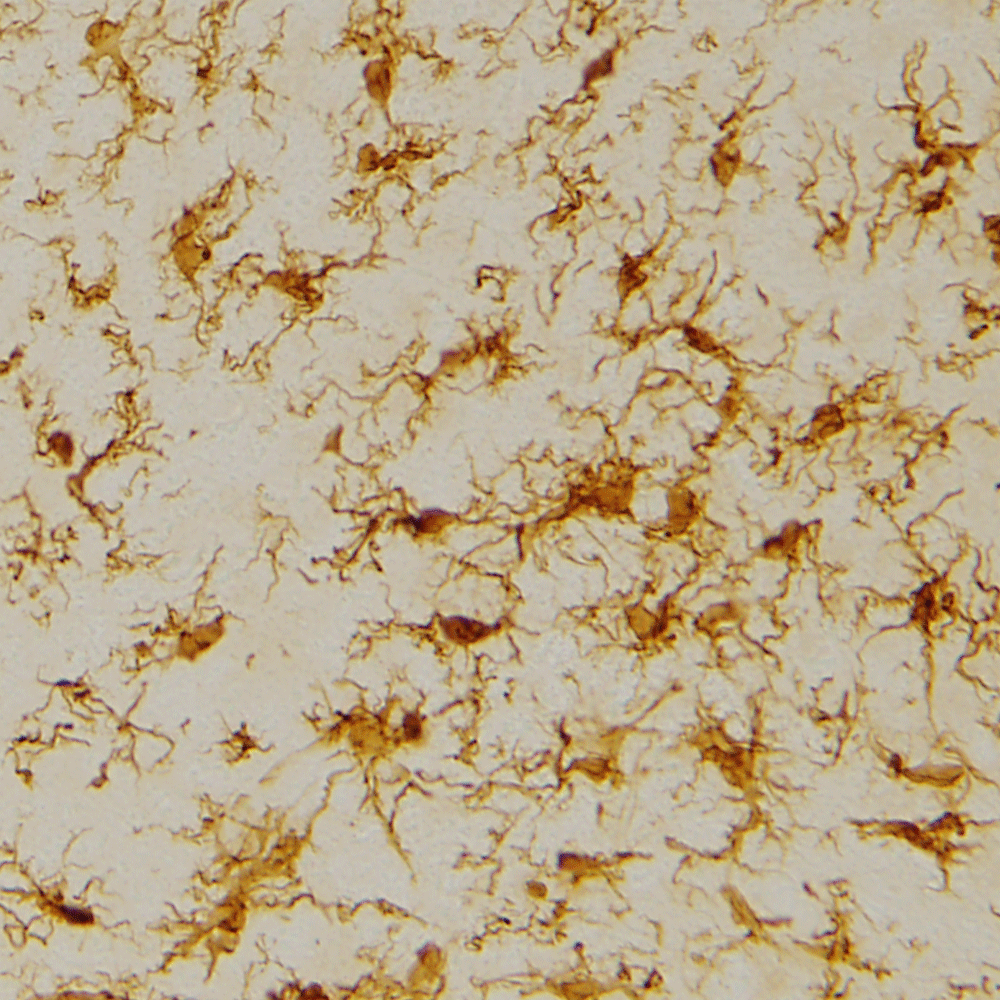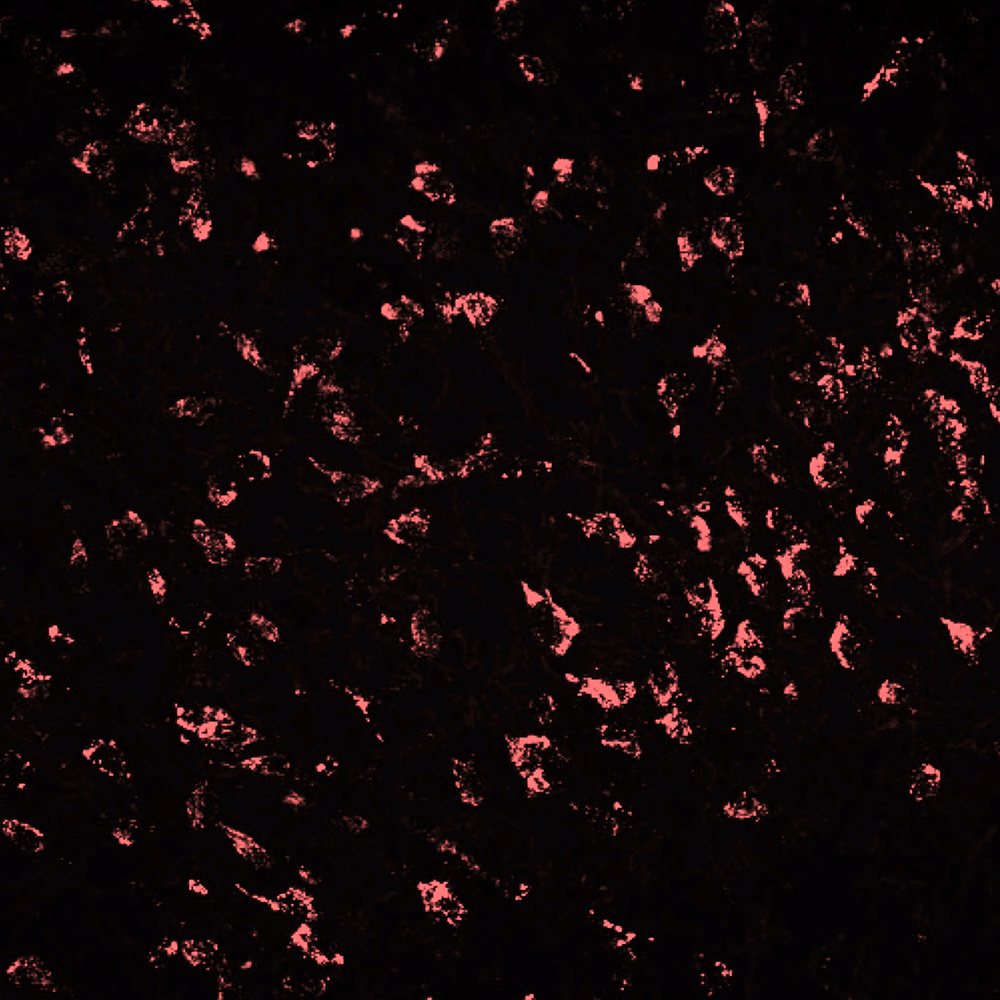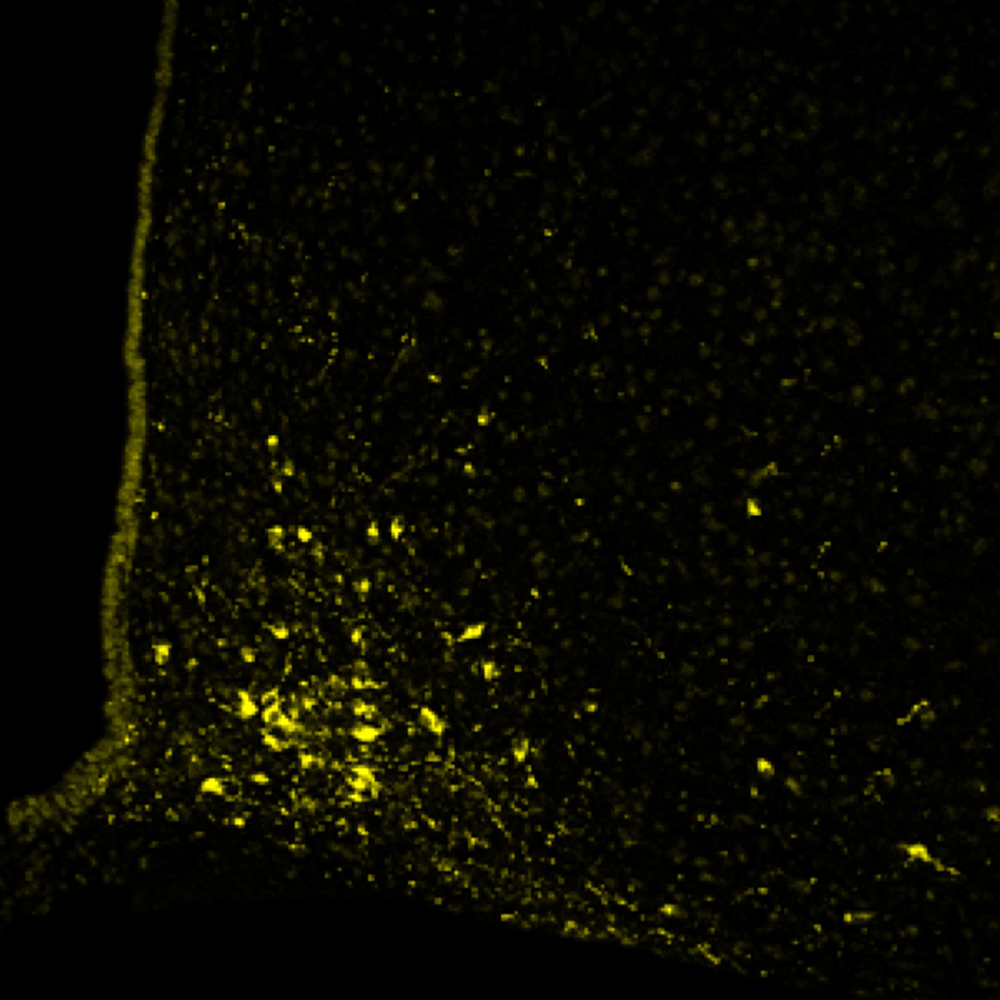
Microglia and brain inflammation in health and disease
Microglia, key immune cells in the brain, are essential in shaping the brain during development and in responding to injury and pathogens. Our work is now establishing that they also have an important role in regulating preference to palatable food and in supporting memory. We have a novel transgenic knockin rat that allows specific conditional ablation of microglia, with which we are exploring these areas.

Early life diet and brain inflammation
The early life developmental period is one of crucial vulnerability to environmental stimuli. We have established that early life diet can lead to lasting brain inflammation that impacts on satiety, metabolism, reproductive function, and cognition into adult life. We are using animal models of early life overfeeding combined with comprehensive behavioural, metabolic, and neuroimaging testing to investigate brain vulnerability and resilience to these early life programming effects.

Inflammation in the ageing brain
As we age, microglia become primed to hyper-react to inflammatory stimuli. This microglial priming means ageing brains are vulnerable to inflammation and injury. This priming can also contribute to ageing-related cognitive decline. We are investigating microglial reactivity to challenges such as high fat diet that may exacerbate this priming and testing the possibility of restoring youthful microglial function in the ageing brain.

Hypothalamic control of satiety and hunger
In the perinatal period, a key endocrine centre of the brain, the hypothalamus, undergoes significant growth and development. This development prepares the mature brain for sensing and responding to circulating cues that signal hunger and satiety. Challenges when this circuitry is developing can lastingly disrupt the ability to sense and respond to nutrient signals. We have identified an encouraging resilience in female animal models to factors that disrupt this sensing. We are also identifying an important role for microglia in maintaining this circuitry.